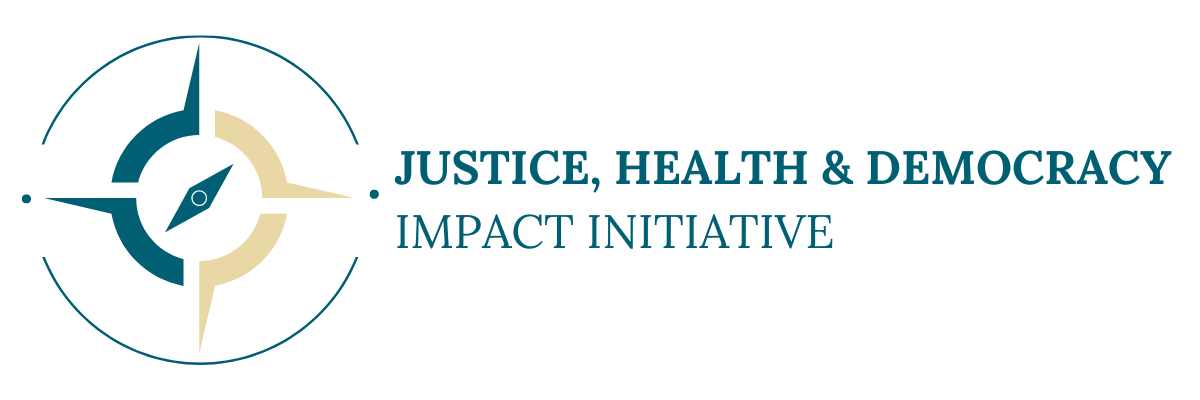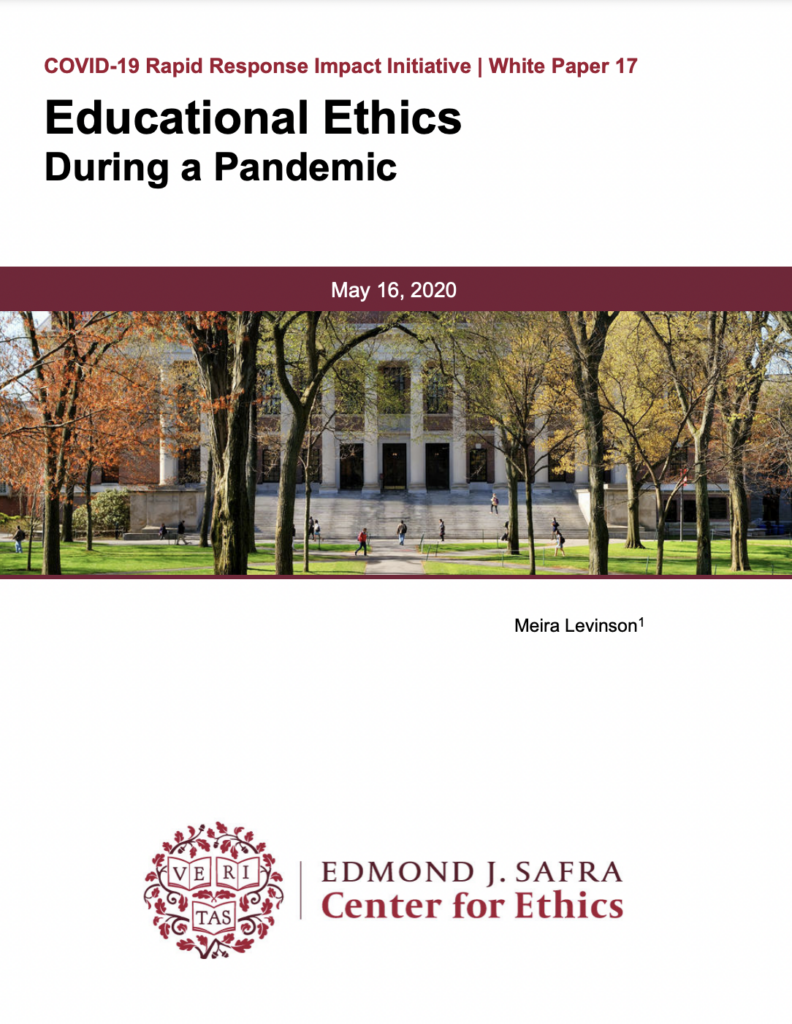Our seventeenth COVID white paper is, “Educational Ethics During a Pandemic,” by Meira Levinson.
Abstract
Over 55 million children and their families have been affected by physical school closures in the United States since early March. Schools in all but two states will remain closed at least through the end of the school year. This raises basic questions about schools and educational ethics. What do we value schools for? Which of schools’ many services do we rush to recover as schools switch to “remote” operations, versus treat as expendable until the pandemic recedes? Second, what principles drive our choices around distributing educational opportunities in a pandemic? Whom do we believe remote schools ought to serve and how, and what are we willing to do to ensure that a just distribution is achieved?
This paper examines districts’ and states’ distributive choices during March and April 2020 to explore the ethics of educating in a pandemic. Section 2 investigates our revealed preferences around the aims of schooling, concluding that we value schools as providers of care before and even above their roles as deliverers of learning opportunities. Section 3 shifts to policy makers’ decisions about schools specifically as providers of academic learning. It finds that school closures under COVID-19 intensify existing ethical dilemmas in education policy and practice, but they generally have not posed novel ethical challenges. In contrast to public health ethics in emergency contexts of scarcity, however, egalitarian rather than utilitarian principles seem to motivate policy makers and educators. This led many districts and states to decide initially to offer no educational services to anyone rather than violate substantive equality of educational opportunity. Section 4 finds similar motivations at work in more recent decisions to eliminate high-stakes grading through adoption of mandatory pass/no credit approaches. The paper concludes that while the pandemic has not changed the nature of existing ethical challenges, it has raised the stakes if we fail to realize our ethical commitments—and demonstrated our capacity to have realized them all along.
To read more about the decisions facing school, district, and state leaders during the pandemic, see white paper 20, “Schools During the COVID-19 Pandemic: Sites and Sources of Community Resilience.”


